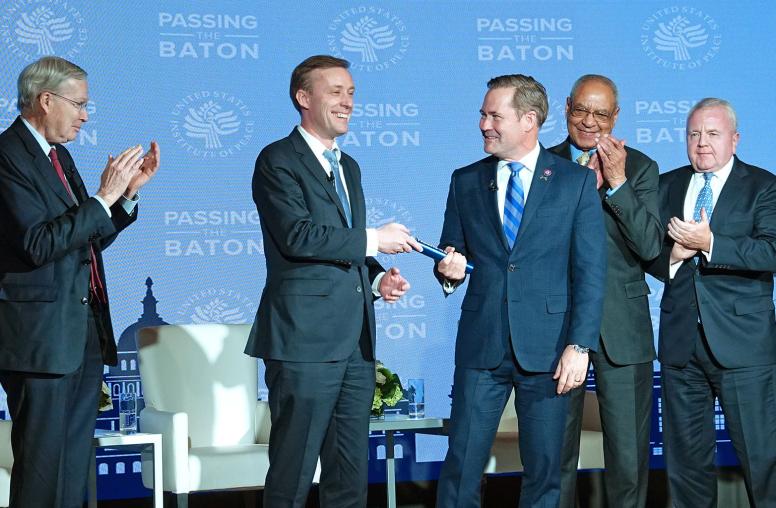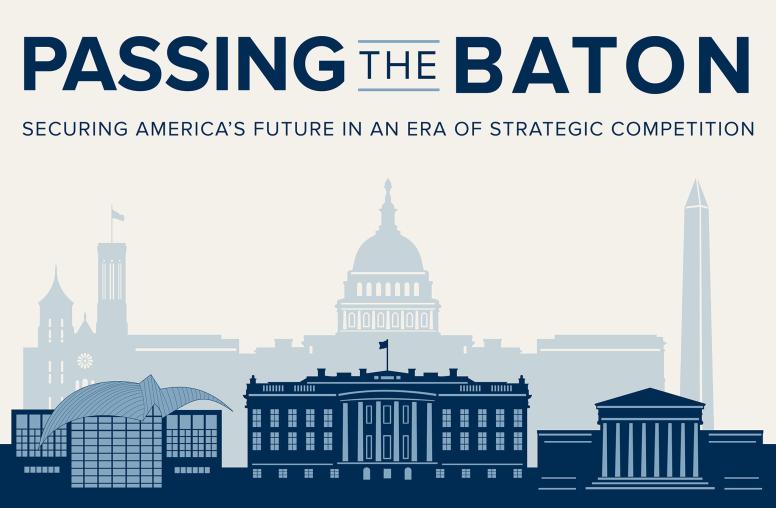Economic Policy Critical for Conflict Prevention and Peacebuilding
For Immediate Release, October 11, 2012
Steven Ruder, 202-429-3825
(Washington)—Creating sound economic policy and a stable macroeconomic framework are central to peace negotiations and state-building efforts, yet few practitioners have the background needed to apply core economic concepts effectively in their work. To provide practitioners with a concise but broad overview of economic fundamentals as they touch on violence-afflicted states, the United States Institute of Peace releases “Peace Economics: A Macroeconomic Primer for Violence Afflicted States” by Jurgen Brauer and J. Paul Dunne.
In this first-of-its-kind resource, Brauer and Dunne
- explain key economic concepts and relationships in a lay-person’s terms;
- present important issues, data, and metrics;
- outline roles and responsibilities of key institutions; and
- offer lessons for violence prevention, mediation, peace agreements, and post-violence management.
“The purpose of the primer extends beyond pure economics into the wider realm of social reconstitution, social contract, and social capital in the hopes of helping practitioners build a stronger and more stable peace. We need to shift the scholarly and public focus from the costs of war to the benefits of peace," states Brauer.
The primer shows how difficult it is to develop economies in the wake of violence and outlines how to create incentives to secure a stable peace. The authors include illustrative cases that highlight missteps as well as good practices, and offer a set of peace treaty design principles—useful rules of thumb—for negotiators, economic policymakers, and those who find themselves in both roles.
“While the economic terms and execution of the post–World War I peace treaty helped lay the foundation for World War II, the post–World War II peace arrangements helped create the economic miracles of both Germany and Japan. The same logic applies to armed violence throughout the world today,” states Dunne. “The proper design and implementation of economic policies and their supporting institutions can be among the primary instruments for preventing armed violence.”
About the Authors
Jurgen Brauer is a professor of economics at the James M. Hull College of Business, Augusta State University, Augusta Georgia, and a visiting professor of economics in the Department of Economics, Chulalongkorn University, Bangkok, Thailand. J. Paul Dunne is a professor of economics at the School of Economics, University of Cape Town, South Africa.
About the United States Institute of Peace
The United States Institute of Peace is an independent, nonpartisan conflict management center created by Congress to prevent and mitigate international conflict through nonviolent means. USIP saves lives, increases the government’s ability to deal with conflicts before they escalate, reduces government costs, and enhances national security. USIP is headquartered in Washington, DC. To learn more, visit www.usip.org.
Peace Economics: A Macroeconomic Primer for Violence-Afflicted States
September 2012
United States Institute of Peace Press
136 pp. • 6 x 9
$19.95 (paper) • ISBN: 978-1-60127-138-9



